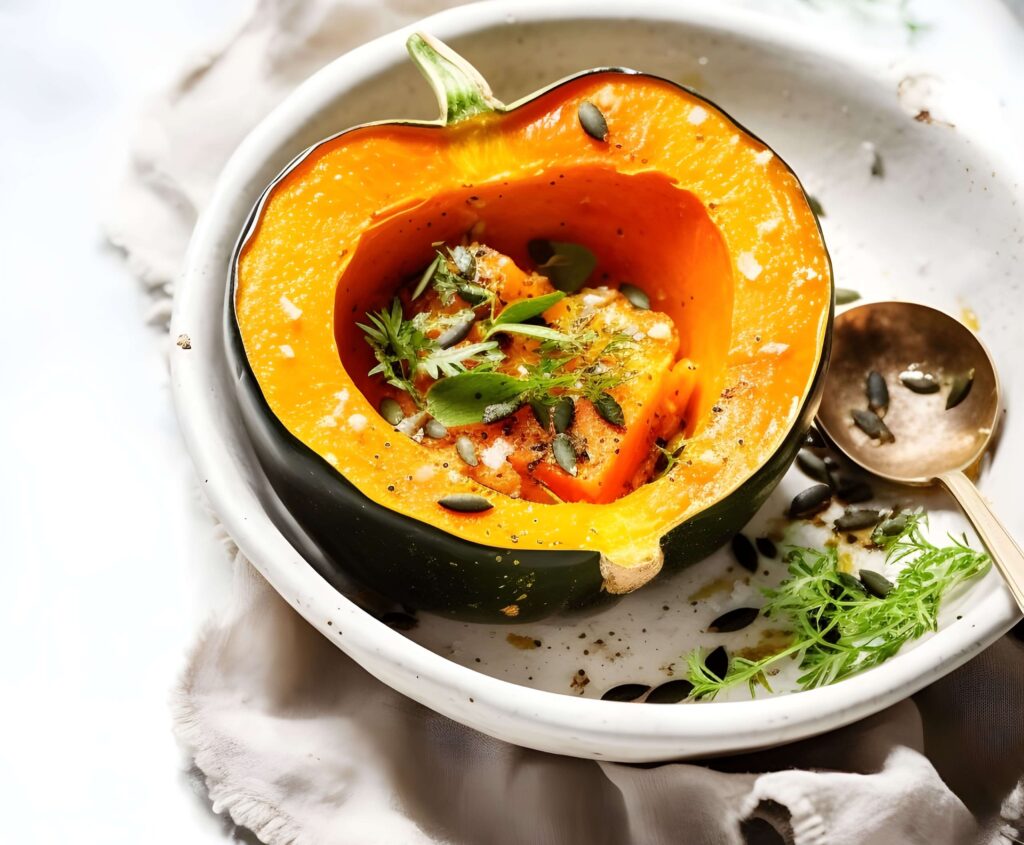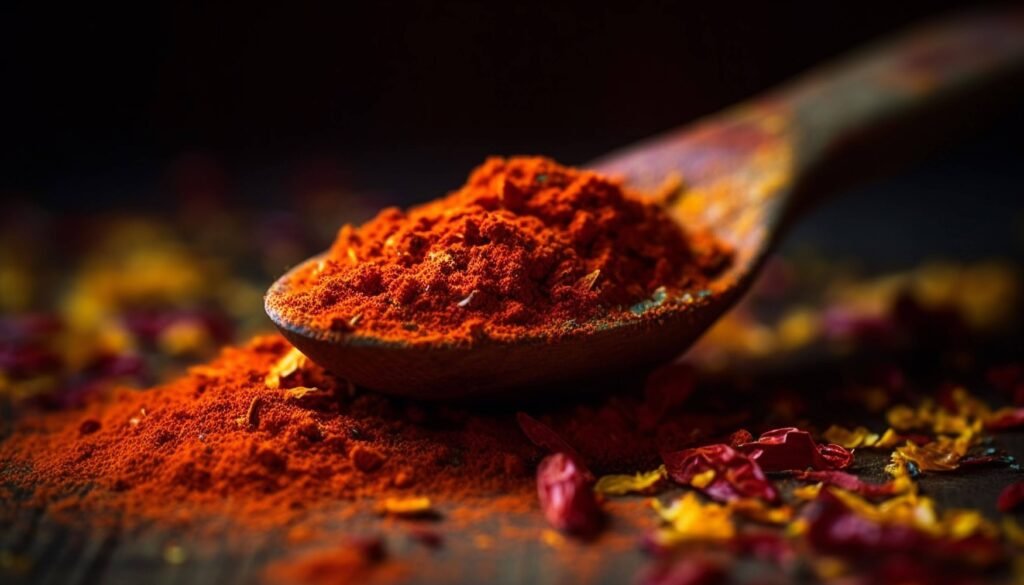Nature’s Bounty: Exploring the Health Marvels of Butternut Squash, Red Curry, and Pineapple
Incorporating nutrient-rich foods like butternut squash and pineapple into our diet is paramount in the quest for optimal health.
Among nature’s treasures, butternut squash, red curry, and pineapple stand out for their delicious flavours and myriad health benefits.

The Nutritional Powerhouse: Butternut Squash
Butternut squash, with its vibrant orange hue, is a testament to its high beta-carotene content—a precursor to vitamin A. Beta-carotene is a potent antioxidant that supports overall health. A study published in the Journal of Nutrition and Metabolism suggests that a diet rich in beta-carotene may reduce the risk of chronic diseases by neutralizing free radicals and supporting cellular health.
Vitamin A, derived from beta-carotene in butternut squash, supports the immune system. It helps maintain the integrity of the skin and mucous membranes, acting as a barrier against infections. Research published in the American Journal of Clinical Nutrition highlights the importance of vitamin A in immune function, emphasizing its role in preventing and combating infectious diseases.
Butternut squash is a commendable source of dietary fibre, crucial for promoting digestive health. Fibre aids in regular bowel movements, prevents constipation, and supports a healthy gut microbiota. A study in the World Journal of Gastroenterology emphasizes the role of dietary fibre in maintaining a balanced gut microbiome, which is associated with various aspects of overall well-being.
The fibre content in butternut squash contributes to a feeling of fullness, making it an ally in weight loss efforts.
Research published in Obesity suggests increased dietary fibre intake is associated with lower body weight. Including butternut squash in a balanced diet can help manage appetite and reduce overall calorie intake, supporting weight loss goals.

Red Curry: A Spice with Healing Properties
Beyond its ability to tantalize taste buds, red curry has impressive health benefits.
At the heart of red curry’s health benefits lies capsaicin, the compound responsible for its spicy kick. Capsaicin has been studied for its potential to rev up metabolism and contribute to weight loss.
Research published in the American Journal of Clinical Nutrition suggests capsaicin may increase energy expenditure and fat oxidation, making it a valuable ally for those looking to shed excess pounds.
Capsaicin heats your dishes and may help cool down your appetite.
A study published in the International Journal of Obesity found that capsaicin supplementation decreased appetite and energy intake. This appetite-regulating effect could benefit individuals who manage their caloric intake and support weight loss efforts.
Inflammation is common in various health issues, from chronic diseases to everyday discomfort.
Red curry’s capsaicin content has been linked to anti-inflammatory effects, as highlighted in a study published in the Journal of Medicinal Food. Reducing inflammation is crucial for overall well-being and can contribute to the prevention of inflammatory-related conditions.
A spice that benefits the heart, red curry has been associated with cardiovascular health.
Research in the journal Open Heart suggests capsaicin may positively affect lipid profiles, helping to lower “bad” LDL cholesterol and triglycerides. These cardiovascular benefits contribute to a healthier circulatory system and reduced risk of heart-related issues.

Pineapple’s Tropical Triumphs
The succulent sweetness of pineapple not only satisfies sugar cravings but also brings forth a plethora of health advantages.
Rich in vitamin C, a potent antioxidant crucial in supporting the immune system.
According to a study published in the Journal of Manipulative and Physiological Therapeutics, vitamin C supplementation may help reduce the severity and duration of cold symptoms. Including pineapple in your diet provides a natural and delicious way to fortify your immune defences.
Bromelain, an enzyme found abundantly in pineapple, offers significant benefits for digestive health.
Research published in the Evidence-Based Complementary and Alternative Medicine journal suggests that bromelain may help improve digestion by breaking down proteins. This digestive enzyme can contribute to a healthier gut, reducing bloating and discomfort and supporting overall well-being.
In the realm of weight management, pineapple showcases its prowess.
The fruit contains manganese, a trace mineral that plays a role in energy metabolism. Manganese contributes to the efficient breakdown of nutrients, supporting weight loss efforts. Additionally, the fibre content in pineapple promotes a feeling of fullness, aiding in appetite control and potentially reducing overall calorie intake.

Butternut Squash & Pineapple Thai Red Curry
Ingredients
What you need
- 1 tbsp olive oil
- 1 onion chopped
- 4 tsp Thai red curry paste
- 500 g butternut squash Peeled, deseeded & cut into chunks
- 200 ml coconut milk can light
- 200 ml vegetable broth
- 140 g frozen green beans
- 240 g can pineapple chunks in natural juice, drained
- cilantro chopped + extra to garnish
Instructions
What you need to do
- Heat the oil in a wok or skillet, add the onion and sauté for 5 minutes until it softens.
- Stir in the Thai red curry paste, then add the butternut squash, coconut milk and vegetable broth.
- Let the mixture simmer for 15-20 minutes until the squash becomes tender. After 10 minutes of cooking, add the frozen green beans.
- Once the squash is tender, stir in the drained pineapple chunks and chopped cilantro. Cook for a few minutes until the pineapple heats through.
- Serve the curry in bowls, topped with a garnish of cilantro and with noodles or rice (not included in the nutritional breakdown).
Notes
Nutritional value
- Calories: 210
- Fat: 10g
- Carbs: 30g
- Protein: 3g
- Fibre: 5g
